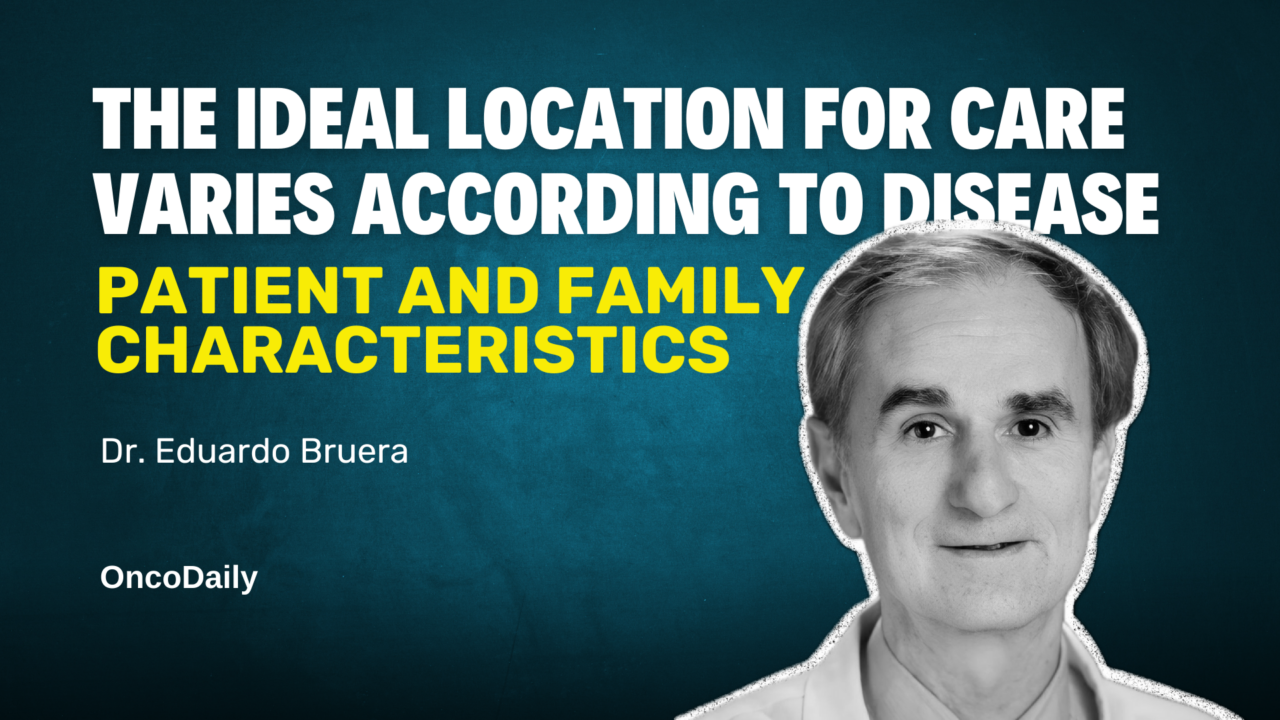The MASCC/AFSOS/ISOO 2024 Annual Meeting stands as the foremost international and interdisciplinary conference on supportive cancer care. It comprehensively covers the spectrum of challenges faced by patients due to cancer and its treatment.
With rapid advancements in cancer therapies, the field of supportive care has witnessed numerous innovations. At the Annual Meeting, participants will explore the latest developments and future prospects in this dynamic and diverse domain.
The overarching theme of the meeting is to “Empower People Impacted by Cancer and Living with Toxicities.” Key themes include:
- Home Care and Extending Supportive Care.
- Management of Emerging Toxicities
- Innovative Implementation of Supportive Care in Cancer.
- Quality Improvement in Supportive Care.
- Sessions on Various MASCC/ISOO Study Group Topics.
The event promises three days of cutting-edge research, engaging presentations, and valuable networking opportunities.
For the first time, OncoDaily had the privilege of covering the MASCC 2024 meeting on-site. Dr. Martin Harutyunyan conducted brief interviews with renowned experts, providing valuable insights that enrich our understanding of supportive care in oncology.
In a video interview, Dr. Eduardo Bruera outlines the need for major academic departments to improve cancer care and patients’ quality of life.
Dr. Bruera obtained his medical degree from the University of Rosario in Argentina. He trained in Medical Oncology and later relocated to the University of Alberta in Edmonton, Canada. In 1999, he joined The University of Texas MD Anderson Cancer Center.
Dr. Bruera focuses on caring for patients with advanced cancer, addressing physical and psychosocial distress. He established the Edmonton Regional and Palliative Care program, providing access to palliative care for over 80% of cancer patients in the Edmonton Region.
Dr. Bruera played a key role in establishing palliative care programs globally, particularly in Latin America, India, and Europe. He held leadership positions with the World Health Organization and other international organizations.
Dr. Bruera trained hundreds of healthcare professionals in palliative care. He established academic fellowship programs in palliative care in Canada and the United States. He has over 1000 peer-reviewed publications and has edited 31 books.
Received the American Cancer Society Lane Adams Quality of Life Award and the American Academy of Hospice and Palliative Medicine Lifetime Achievement Award. The Canadian Society of Palliative Care Physicians established the “Eduardo Bruera Award” in his honor. Honorary Doctorate Degree from the University of Montreal (2017). The Latin American Association for Palliative Care established the “Eduardo Bruera” career award for research (2018).
Globally, we have improved a lot in the way we assess and treat cancer. We have also improved a lot in the way we assess the complications of cancer, but we have not improved enough in the care of the person suffering from the cancer and their family. This is the great frontier.
This is the great opportunity. But to really make this care possible, we need three things. We need structures, by that meaning inpatient palliative care units, wherever you have an intensive care unit, outpatient supportive and palliative care departments, and also video access to the patients in the community.
You need processes, that is, assessment of the suffering and managing the suffering, and you need to monitor outcomes. Are the patients suffering less? Are the patients ending their life in a more satisfactory manner? The most important glue that puts everything together are major academic departments. If you have professors, if you have chairs, if you have academic departments, you are changing things now, but you’re also changing things into the future.


